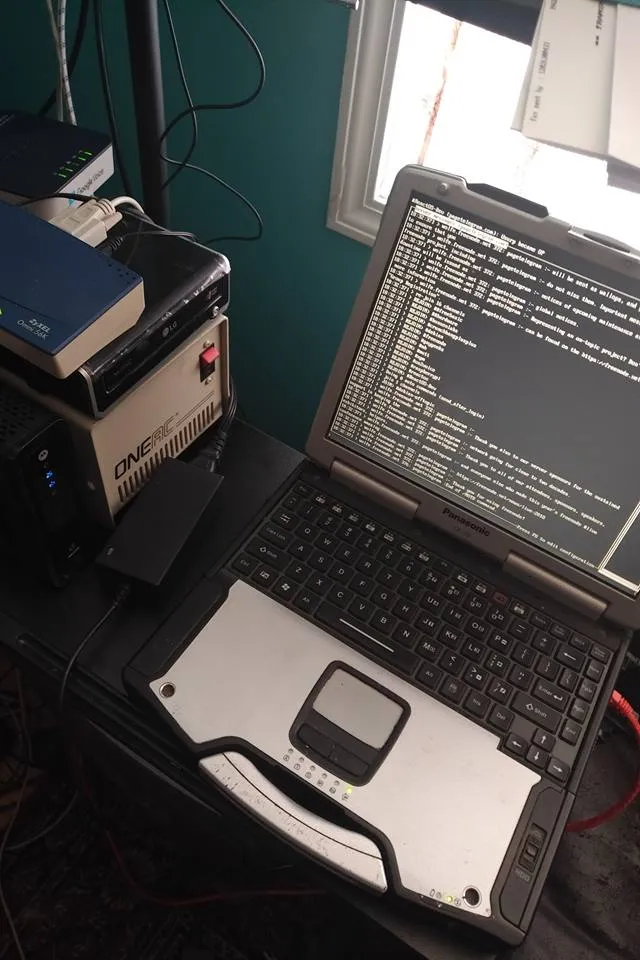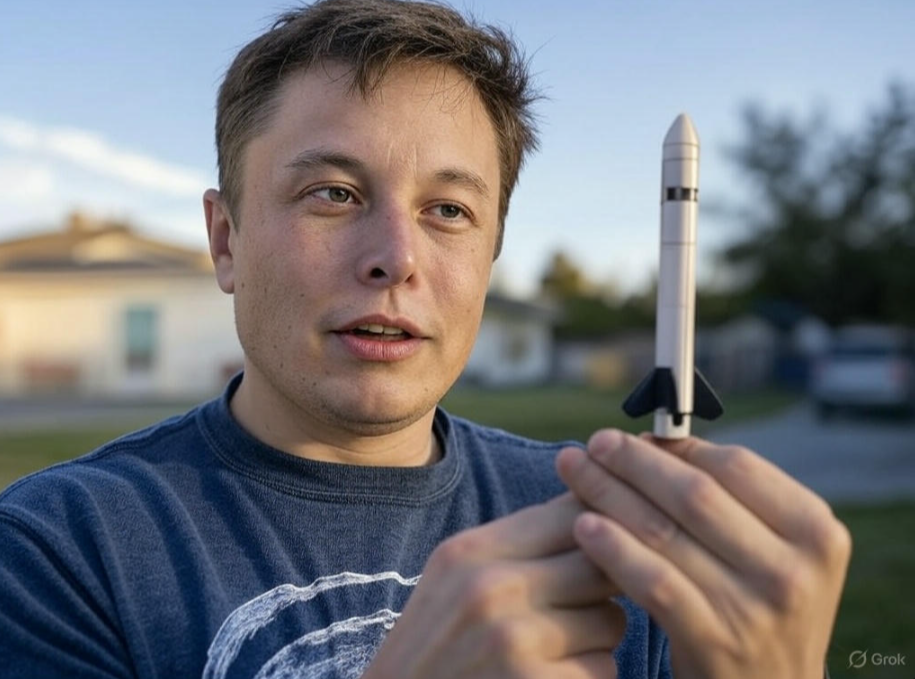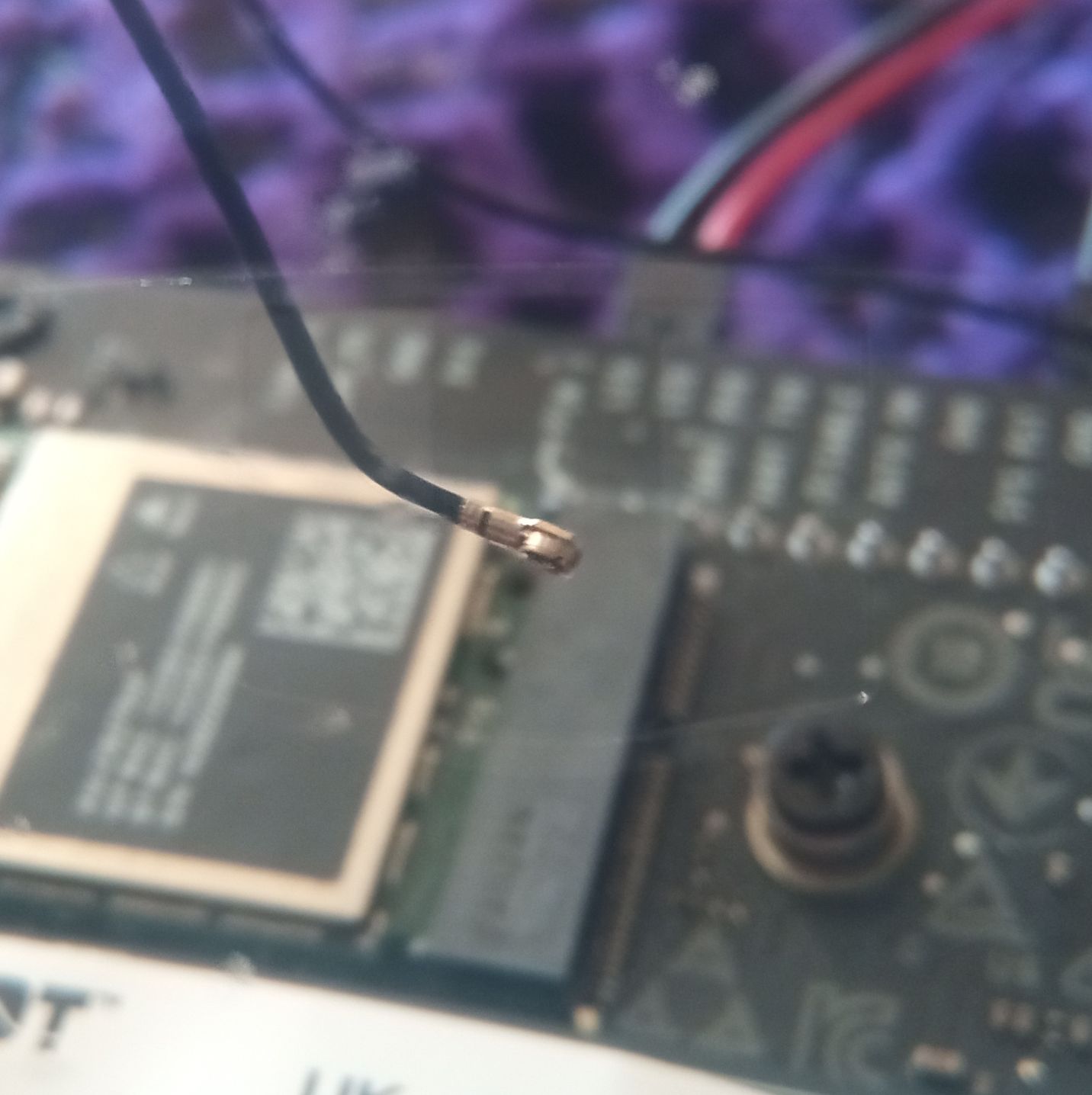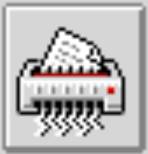In a quiet corner of CERN, sometime around 1989, Tim Berners-Lee and his trusty sidekick Robert Cailliau hatched a scheme so diabolically nerdy it would change the world forever. Armed with a NeXT computer, a handful of angle brackets, and a dream of hyperlinked research papers, they birthed the World Wide Web—or as they innocently called it, “WorldWideWeb” (one word, because spaces are for peasants). Little did they know their quaint little invention would doom children to a dirt-free existence, obliterate the wholesome family picnic, flood pharmacies with Vitamin D3 supplements, and leave superior internet protocols like BBS, IRC, Usenet, and Gopher choking in the dust of dial-up modems.
Picture the scene: Berners-Lee, twiddling his mustache (he didn’t have one, but he should have), muttering about “HTTP this” and “HTML that,” while Cailliau nodded sagely, dreaming of a world where physicists could share particle collision data without mailing floppy disks. Their first browser was a clunky marvel—part text editor, part digital librarian, all NeXT-step swagger. “Look, Robert,” Tim probably said, “we’ll link documents! It’ll be brilliant for science!” Oh, how naive they were. They didn’t foresee the monster they’d unleash: a web so sticky it would trap humanity indoors, staring at screens, forsaking sunshine and sanity.
Back in the day, kids ate dirt. It was a rite of passage—grubby fingers scooping soil, building immunity the old-fashioned way. Adults? They had picnics. Real ones, with checkered blankets, potato salad and Aunt Edna’s questionable fruitcake. But the Web changed all that. By the mid-90s, Mosaic and Netscape swooped in, slapping images and hyperlinks everywhere, and suddenly Junior was too busy clicking “Next Page” on a Geocities site to bother with mud pies; and folks had to be warned to spell angelfire correctly. Families traded picnic baskets for dial-up tones, and the great outdoors became a myth—like Atlantis, but with worse Wi-Fi.
Enter the Vitamin D3 crisis. With sunlight replaced by the glow of CRT monitors, rickets loomed large. Pharmacies couldn’t keep the supplements stocked—sales skyrocketed as pasty Web surfers popped pills to compensate for their self-imposed cave-dwelling. “We just wanted to share research!” Berners-Lee might wail, but the damage was done. HTML, that innocent little markup language with its ‘<p>’ and ‘<a>’ tags had morphed into a societal wrecking ball.
And what of the internet’s noble elders? BBSes buzzed with local chatter—think digital town squares where you could trade recipes or argue about Star Trek. IRC channels hummed with real-time camaraderie, Usenet newsgroups debated everything from alien linguistics to knitting patterns, and Gopher served up no-nonsense info without the flashy nonsense. These were the internet’s golden children—lean, efficient, community-driven. Then came the Web, a bloated resource hog strutting in with its “standards” and “browsers,” demanding endless bandwidth and server farms just to load a dancing hamster GIF. BBS? Dead. IRC? Niche. Usenet? A ghost town. Gopher? A footnote for hipsters with too much time and not enough AOL or Compuserve Floppies or CDs (CDs were useful as coffee coasters and disposable pizza cutters.)
By 1994, Berners-Lee founded the W3C, anointing himself the Web’s overseer like some digital pope. “We’ll standardize HTML!” he declared, as if ‘<blink>’ tags and table-based layouts were the pinnacle of progress. Meanwhile, the old protocols whispered, “We were fine without you.” The Web promised enlightenment but delivered chaos—fake news, pop-up ads, and a generation more confused than a Gopher server at a JavaScript convention. What once took a quick Usenet post now requires wading through SEO sludge and 17 browser tabs, all while guzzling electricity like a data center on a bender.
So here we are, March 16, 2025, drowning in Vitamin D3 bottles and nostalgia for a simpler internet. Berners-Lee and Cailliau, bless their geeky hearts never meant to banish dirt-eating or picnic naps. They just wanted hypertext. Instead, they got a world where “community” means liking a stranger’s tweet and “productivity” means doomscrolling cat videos. The Web won, the old guard lost and we’re all less informed—and more bewildered—than ever. Thanks, Tim. Pass the supplements.
For an educational article on this topic, be sure to click and read:
https://blog.pagetelegram.com/?p=782
![]()





